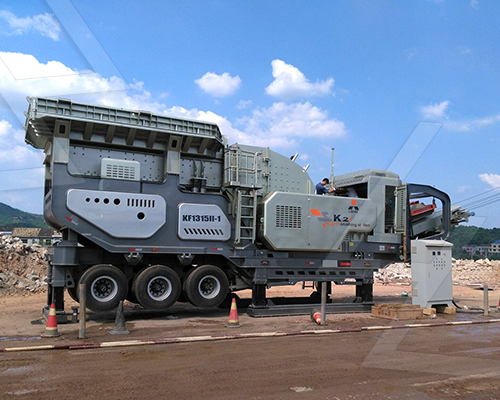Separating titanium from iron ore is a complex process because titanium and iron are often found together in minerals like ilmenite (FeTiO₃) and titanomagnetite (Fe₂TiO₄–Fe₃O₄). Several industrial methods are used to extract titanium from these ores, depending on the mineral composition and economic feasibility. Here are the key machines and processes involved:
1. Crushing & Grinding Machines
– Jaw Crushers, Cone Crushers, Ball Mills – Used to break down the raw ore into smaller particles for further processing.
2. Magnetic Separation (For Titanomagnetite)
– Low-Intensity Magnetic Separators (LIMS) – Separate magnetite (Fe₃O₄) from the ore.
– High-Intensity Magnetic Separators (HIMS) – Used to recover weakly magnetic minerals like ilmenite after initial iron removal.
 3. Gravity Separation (For Ilmenite & Heavy Minerals)
3. Gravity Separation (For Ilmenite & Heavy Minerals)
– Spiral Concentrators, Shaking Tables, Jigs – Separate titanium-bearing minerals based on density differences.
4. Electrostatic Separation (For Fine Particles)
– High-Tension Roll Separators – Used to separate conductive minerals (e.g., hematite) from non-conductive ones (e.g., ilmenite).
5. Flotation Process (For Further Purification)
– Froth Flotation Machines – Chemica are used to selectively float titanium minerals away from iron oxides.
are used to selectively float titanium minerals away from iron oxides.
6. Smelting & Chemical Processing
– After physical separation, further refining is needed:
– Becher Process – Converts ilmenite into synthetic rutile (TiO₂) by removing iron through oxidation and leaching.
– Chlorination Process – Involves reacting TiO₂ with chlorine and carbon at high temperatures to produce TiCl₄, which is then purified and reduced to titanium metal.
7. Hydrometallurgical Leaching (Alternative Method)
– Uses acids (HCl or H₂SO₄) to dissolve iron, leaving behind a titanium-rich residue.
Final Output:
– The end product is usually titanium dioxide (TiO₂) for pigments or further processed into metallic titanium via the Kroll process.
Would you like details on a specific stage of this separation process?




